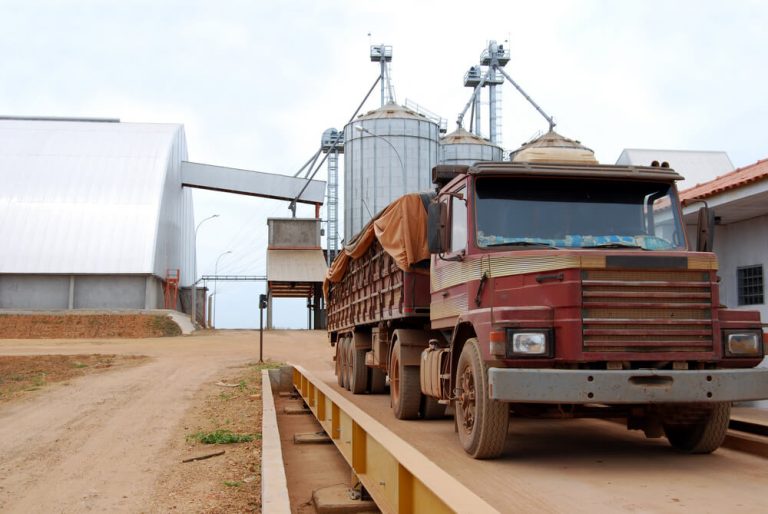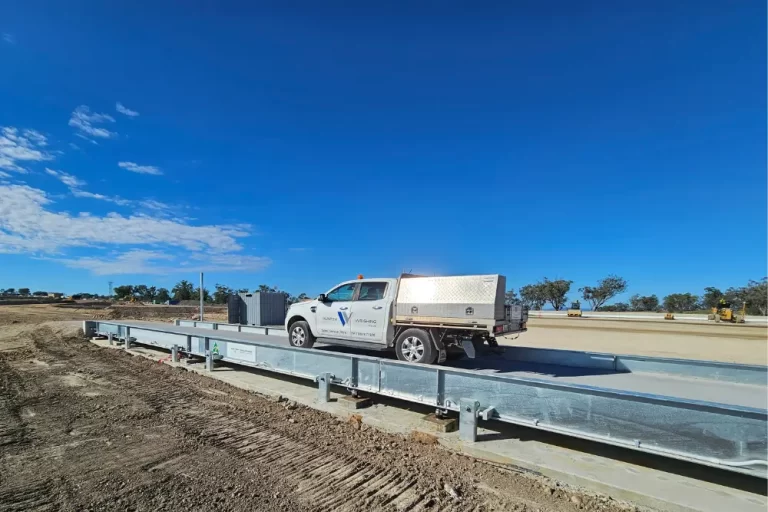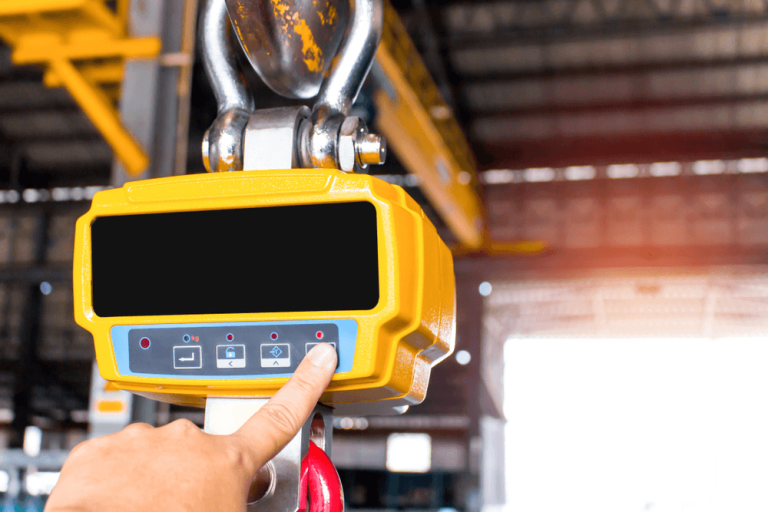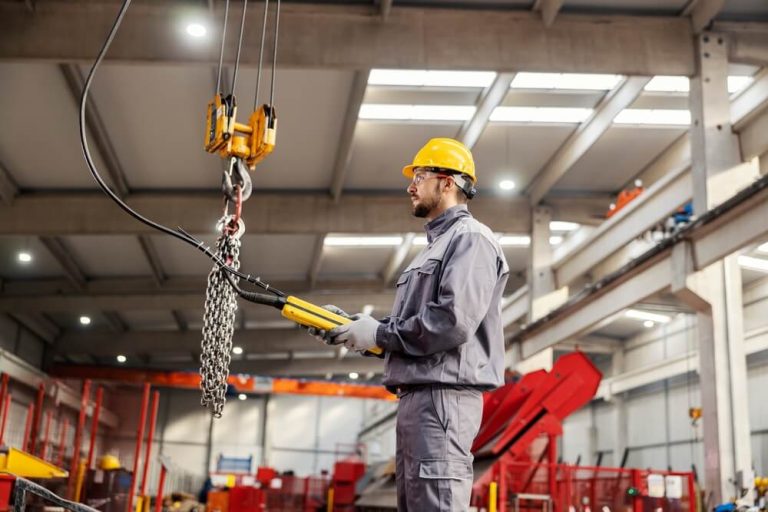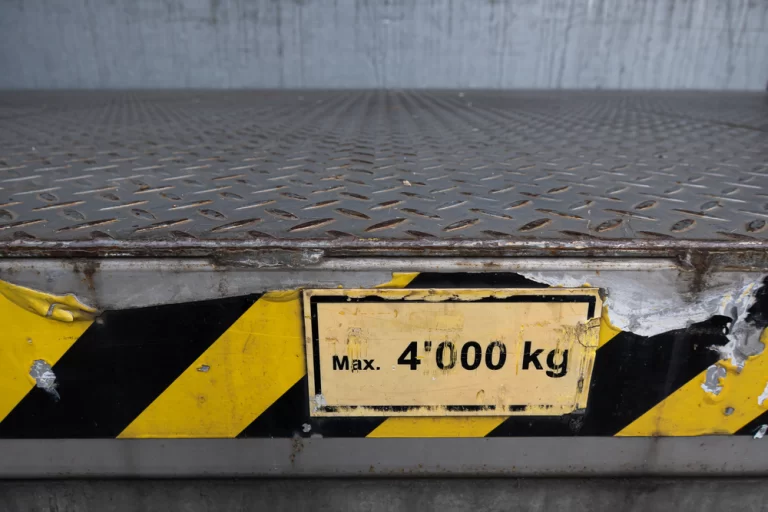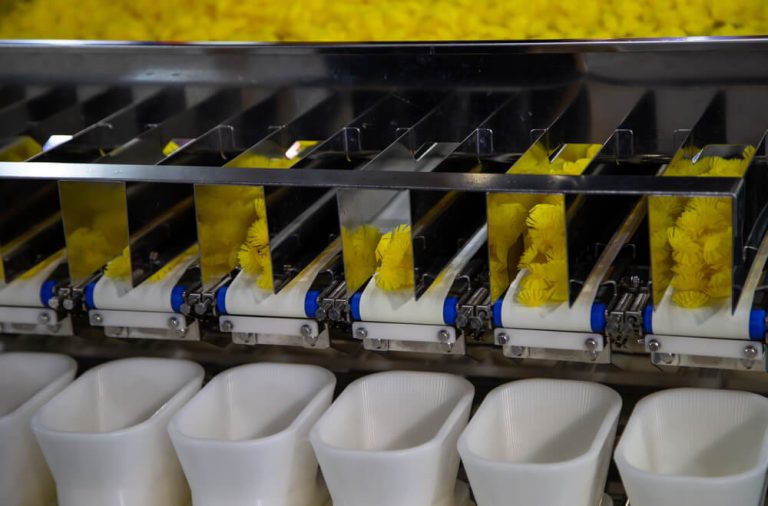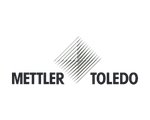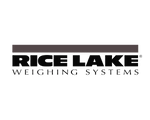Last Updated: February 14, 2025
For businesses, the entire production line may be affected by a single, little error in judgment, which could result in wasted resources or even a loss of revenue. Company owners should use industrial scales to avoid this. But not just any scales, properly calibrated weighing scales.
The Critical Role of Calibration in Industrial Settings
There are several reasons to invest in professional calibration services. We discuss some of the most important ones below.
Ensuring Product Quality: Weight measurement guarantees product consistency. Small deviations affect quality and have a huge effect on brand trust. Regular calibration of scales result in measurements that meet the required standards of specific sectors.
Minimising Waste: Inaccuracies in manufacturing lead to overproduction, resource wastage, and increased costs, or underproduction, causing supply chain disruptions and revenue losses. Precise calibration of scales fine-tunes production, optimises resource use, and streamlines workflows.
Regulatory Compliance: Precise weighing is important for both regulatory compliance and operational efficiency. Weight criteria must be met in various sectors. Unchecked scales may result in non-compliance, which may cause fines, product recalls, and harm to one’s reputation.
The role of industrial weighing equipment in reducing operational costs cannot be understated. Additionally, it contributes to process control, resource allocation, and strict compliance in industrial settings. Regular calibration has a direct impact on business operations as well as their customers’ satisfaction.
How Often Should You Calibrate?
Here’s a more detailed look into how often different industrial scales may require calibration:
Usage Frequency: Industries with heavy daily use of scales, such as in a busy manufacturing plant or a high-volume logistics centre, should consider more frequent calibrations. In these environments, scales undergo constant wear and tear, which can quickly lead to inaccuracies.
Operating Environment: Certain scales, specifically those used in mining or construction sites exposed to dust, moisture, and vibrations, will require more regular calibrations compared to those in less rugged environments like pharmaceuticals or manufacturing.
Manufacturer’s Guidelines: Always adhere to the calibration intervals recommended by the scale’s manufacturer. These guidelines are based on the design and capacity of the scale and offer a good baseline for calibration schedules.
Type of Industry and Regulatory Standards: Regulatory agencies may specify particular calibration intervals for sectors like the food and pharmaceutical industries where accuracy is essential for compliance. For instance, in order to meet strict health and safety regulations, scales used in the manufacturing of pharmaceuticals might need to be calibrated every six months.
After Notable Events: Calibration should also be considered after events like a scale being moved to a new location, a major maintenance job, or noticeable operational discrepancies.
Choosing the Right Calibration Service
The words “scales calibration near me” have probably been on the search list of many industrial managers. While proximity is a convenience, there are other essential factors to consider:
Expertise: The service provider should have a track record of excellence. They should understand the intricacies of different industrial scales and the nuances of calibration.
Equipment: Calibration requires precise tools. Ensure that the service provider uses state-of-the-art calibration weights for scales.
Certification: Their processes should adhere to national and international standards, ensuring that your scales meet quality and regulatory benchmarks.
The Calibration Process
Here’s an in-depth look at how to calibrate scales, a crucial process for maintaining the accuracy and longevity of industrial scales:
Preparation: The scale is first made ready for calibration. Cleaning comes next to eliminate debris or outside factors that could skew readings. Additionally, the atmosphere needs to be stabilised to prevent outside influences that could disrupt the calibration process, such as air drafts or vibrations. To guarantee precise readings, the scale is then placed on a level, flat surface.
Zero Point Check: The essence of calibration is ensuring that the scale reads zero when nothing is placed on it. Before any weights are added, a zero check is conducted. If the reading isn’t zero, necessary adjustments are made until it shows the correct starting point.
Weight Tests: The calibrating procedure is centred on this stage. Scale readings are taken after certified calibration weights are methodically positioned on the scale. These weights have a known mass and are standardised. For accuracy over its range, the scale’s readings are compared to a number of weight points.
Adjustments: If any discrepancies or deviations are found during the weight tests, adjustments are made to the scale’s settings. This could involve tweaking the scale’s internal settings or making physical modifications. It ensures that post-calibration, the scale provides accurate readings across its entire operational range.
Documentation: A thorough report outlining each step taken at the end of the calibration procedure is produced. Any differences found, corrections performed, and the final values after calibration will all be highlighted in this report. In addition to being necessary for regulatory compliance, this type of paperwork acts as a record for future use, assisting in the identification of any patterns or reoccurring problems.

The Future of Calibration
Many modern scales come equipped with self-calibration features, ensuring they remain accurate without regular manual checks. However, for industries with stringent regulations, manual checks by certified professionals using designated scale calibration tools remain the gold standard.
This trend towards automation in calibration demonstrates the evolution of industrial weighing equipment. The transition from simple mechanical machines to more elegant digital systems has led to the development of more efficient, reliable calibration methods.
The Actual Costs of Uncalibrated Industrial Scales
Businesses found using non-verified scales may face fines of up to $170,000, while individuals can incur penalties up to $34,000. These substantial fines further highlight how important it is to maintain properly calibrated equipment to comply with trade measurement laws.
You need to make sure your scales are trade-verified, meaning, it has been properly verified with documentation from the NMI (National Measurement Institute). Your industrial scales will go through meticulous testing to ensure accuracy. But don’t get confused. You won’t be the one doing this. It’s actually the scale manufacturer who needs to submit the equipment to NMI for testing. But it is your job to check if the products you’re buying have indeed been tested. Only invest in NMI-approved scales in your operations and report manufacturers who don’t.
Go for Accuracy, Go for Hunter Weighing
Don’t think for a moment that calibration is simply an item on your maintenance checklist. If anything, it’s a necessary investment that guarantees operational efficiency and protects your company’s reputation. When you hire us for our calibration service, you guarantee that your measurements are accurate, your products are consistent, and your business is compliant.
Initially, it might seem difficult to justify the cost of recurring services. But if you compare it to the potential risks of operating with inaccurate scales, you’re actually protecting your finances. Choose us for dependable precision and operational supremacy. Get in touch with our team today!

